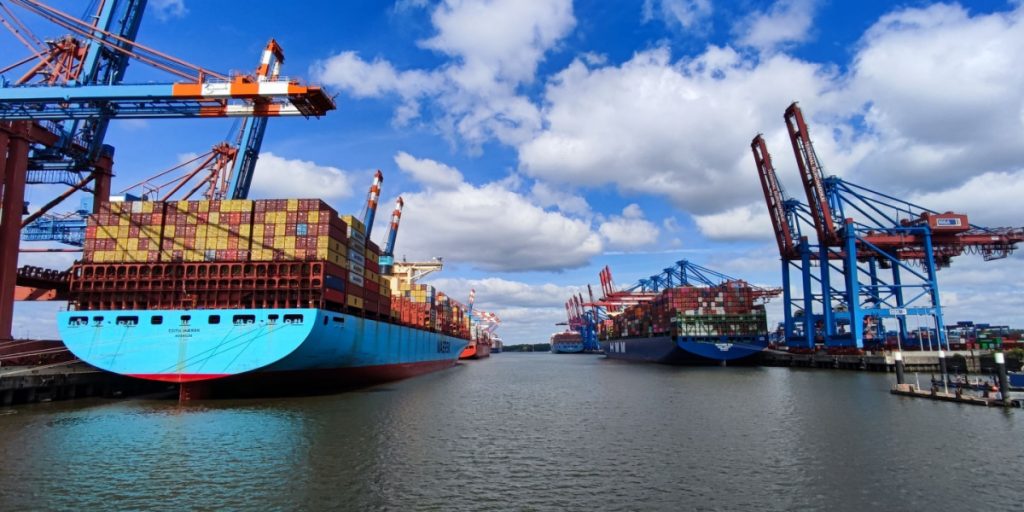Record seizures, corruption scandals, and cartel infiltration turn Europe’s largest economy into a drug trafficking hotspot
Others are reading now
Germany’s largest port, Hamburg, has become a major gateway for South American cocaine and a lucrative frontier for organized crime in Europe.
Once seen as a model of stability, the country is now grappling with record drug seizures, corruption within law enforcement, and violent cartel tactics.
From Trade Gateway to Trafficking Route
Between 2018 and 2023, cocaine seizures in the Port of Hamburg surged by 750%. In 2021 alone, German authorities intercepted 16 tons of cocaine hidden in shipments of wall filler from Paraguay—the largest ever confiscation in Europe.
But with massive profits on the line, traffickers have not been deterred.
Also read
Investigators now describe Hamburg as a key node in a continent-wide drug network extending through the Netherlands, Belgium, Sweden, and beyond.
According to The Guardian, cocaine’s value increases twentyfold from Colombian ports to European streets, with one kilogram fetching around $40,000 in Germany.
Corruption at the Core
The cocaine boom has fueled not only drug addiction but also widespread corruption. Traffickers have infiltrated the port workforce, bribing crane operators, security guards, and truck drivers.
Two Hamburg dockworkers were jailed in April for helping smuggle 480 kg of cocaine and violently silencing a whistleblower colleague.
More disturbingly, senior law enforcement officials have also been implicated. A Hamburg prosecutor, Yashar G., allegedly leaked details of ongoing investigations to traffickers in exchange for €5,000 per month.
He was arrested after authorities intercepted encrypted messages, though many suspects fled to Dubai.
Elsewhere, police officers in Baden-Württemberg, Hanover, Frankfurt, and Bonn have also been arrested for aiding drug traffickers, including ties to the Italian mafia group ‘Ndrangheta.
“The Perfect Storm” for Organized Crime
Experts call the current cocaine influx into Germany a “perfect storm,” combining weak anti-money laundering laws, fragmented policy responses, and excessive data protection that impedes investigations. Zora Hauser, a criminologist at Cambridge University, described Germany as a “paradise for criminal operations.”
The visible wealth of traffickers is now apparent in cities like Hamburg, where former nightclub guards report a surge of luxury vehicles—Ferraris, Lamborghinis, and €150,000 SUVs—driven by men who, locals say, are not involved in petty crime, but in high-stakes cocaine distribution.
Despite high-profile drug busts and intensified European port security, demand for cocaine remains steady, and its street price virtually unchanged. Organized crime groups are diversifying their routes and using corruption to maintain their grip.
As Robin Hofmann from Maastricht University warns, any effective response must target not only traffickers, but also the network of lawyers, financial advisors, and local politicians who enable the trade and profit from it.


